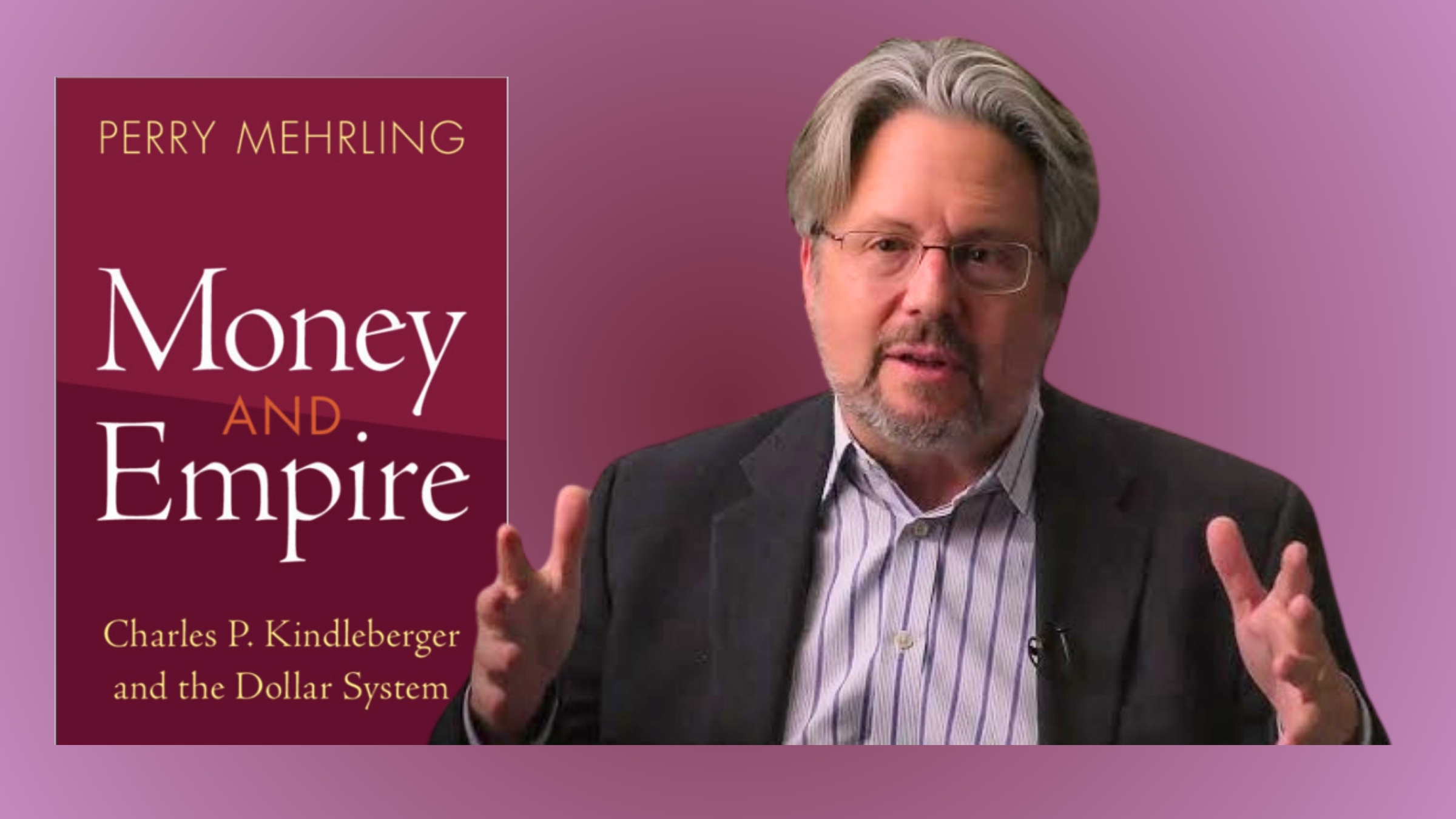Charles Kindleberger, the Dollar System, and Financial Crises

```html
The Untold Legacy of Charles Kindleberger: A Pioneer of Financial Crisis Theory
The Fed's Unwitting Adoption of Kindleberger's Wisdom
The 2008 financial crisis wasn't just a crisis; it was a revelation. As Lehman Brothers crumbled, then-Fed Chairman Ben Bernanke unveiled a revolutionary approach to liquidity provision: unlimited dollar swap lines to key central banks. Unknowingly, Bernanke had resurrected a strategy articulated decades prior by Charles Kindleberger, a brilliant economist whose insights into international monetary systems had largely gone unheeded.
Perry Mehrling's insightful book, *Money and Empire: Charles P. Kindleberger and the Dollar System*, delves into the life and work of this overlooked visionary, exploring how Kindleberger's decades of research foreshadowed the very crisis that forced the Fed's hand.
From Scholar to Shaper of Global Finance: Kindleberger's Formative Years
Kindleberger's journey began under the tutelage of financial giants like Henry Parker Willis, a drafter of the Federal Reserve Act. His doctoral work at Columbia University focused on international capital movements, presciently anticipating the shift of financial power from London to New York. Experience at the Federal Reserve Bank of New York, the Bank for International Settlements, and the Department of State during World War II further solidified his understanding of global financial dynamics.
"The United States is learning for the second time in a single generation that she is unable to escape from the impact of world forces. She is therefore compelled to assume world responsibilities and to concern herself with policies designed to promote world security and world prosperity.” - Charles Kindleberger, 1941
Challenging Conventional Wisdom: Kindleberger at MIT
Kindleberger's tenure at MIT marked a period of intense intellectual engagement. He grappled with the evolving dollar system, particularly the nascent swap lines between central banks. Importantly, he challenged the prevailing theories of Robert Triffin and Milton Friedman, arguing that the US's role as "world banker," not inherent flaws in the system, created balance-of-payment deficits.
He also debated the very nature of the Great Depression, asserting that systemic instability in the banking system, not solely monetary policy missteps, lay at its heart. This placed him at odds with Friedman, and later, would spark a fascinating exchange with a young Ben Bernanke.
Manias, Panics, and a Legacy Rediscovered
Kindleberger's later years cemented his reputation as a financial historian, particularly with the publication of his seminal work, *Manias, Panics, and Crashes*. But reducing him to just a historian misses the point. For Kindleberger, history was a powerful tool for understanding the present and anticipating the future. "Economic history was for Charlie a method of inquiry more than it was a subject of inquiry," notes Mehrling.
Contrary to popular belief, Kindleberger wasn't a proponent of "hegemonic stability." He advocated for leadership and a "stabilizer," recognizing the free-rider problem inherent in international financial stability.
Kindleberger vs. Bernanke: A Clash of Perspectives
Mehrling’s book, coupled with unearthed correspondence between Kindleberger and Bernanke, reveals a fundamental difference in their understanding of crises. Kindleberger viewed them as products of endogenous processes, while Bernanke focused on exogenous shocks. This led to diverging views on the role of central banks and the very nature of market rationality.
While Bernanke initially dismissed the concept of irrationality, he later acknowledged the "logical possibility" of irrational exuberance. Kindleberger, conversely, built his theory on the premise of rational individual actors navigating a complex and sometimes unstable system.
Kindleberger's Enduring Relevance: A Prophet Vindicated
History has a way of vindicating those who dared to challenge conventional wisdom. Kindleberger’s insights into the inherent fragility of the financial system and the imperative of a lender of last resort were ultimately proven correct by the 2008 crisis and the Fed's actions under Bernanke. While Bernanke received the Nobel Prize, the intellectual debt to Kindleberger remains clear. Mehrling's book underscores the importance of rediscovering this forgotten giant and the invaluable lessons he offers for a world still grappling with financial instability.